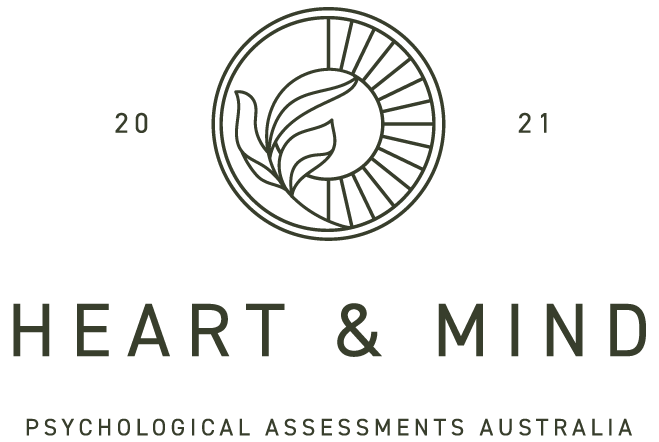Intersectionality: Neurodivergent and LGBTQIA+ Identities
What is Intersectionality?
Intersectionality refers to the ways that different aspects of an individual’s identity can interact to produce distinct experiences and outcomes. This can include factors such as ethnicity and culture, class, gender and sexuality, and neurotype. It is important to recognise how intersections between marginalised or minority identities can expose individuals to overlapping forms of stigma, prejudice or discrimination.
Neurodivergent and LGBTQIA+ Identities
Many of our clients identify as both neurodivergent and LGBTQIA+ (Neuroqueer). Interactions between these identities can impact identification and access to neurodiversity-affirming support. For example, pressure to adhere to social norms experienced by LGBTQIA+ folk can be a barrier to recognising traits and characteristics of Autism and ADHD. This is compounded by barriers such as limited social support, income, and access to healthcare that are more prevalent among the LGBTQIA+ community.
Although it is difficult to accurately estimate this intersection, there is evidence supporting a significant overlap between neurodiversity, and gender and sexual diversity.
· A study of gender dysphoria (Strang et al., 2014) found that Autistic children are almost eight times more likely to question their gender assigned at birth than their neurotypical peers. This was almost seven times more likely among ADHD’er children.
· A study by Cambridge University (Weir, Allison & Baron-Cohen, 2022) found that Autistic adolescents and adults are three-to-six times more likely to identify as trans, non-binary, or gender diverse than their non-Autistic peers.
· The same study found that Autistic men and boys are almost four times more likely to identify as bisexual, and Autistic woman and girls are three times more likely to identify as same-sex attracted, compared with their non-Autistic peers. Autistic adolescents and adults are also approximately eight times more likely to identify as asexual or ‘other’ than their non-Autistic peers.
· An Australian survey (Trans Pathways, 2018) found that 22.5% of trans adolescents and adults had been formally identified as Autistic, compared with 2.5% among the general population.
· An international study (George & Stokes, 2018) found that only 30% of Autistic adults identified as heterosexual, compared with 70% of non-Autistic adults.
· It is important to note that these studies only included participants that had been formally identified as Autistic or ADHD’ers, and may underestimate the frequency of this intersection as a result.
It is not yet clear why there is such a strong intersection between neurodivergent and LGBTQIA+ identities. One theory is that neurodivergent folk are more likely to question socio-cultural norms, such as gender roles and expression, sexuality and desire, and relationships and dating. As a result, these folk may also be more open to embracing and exploring different expressions of gender and sexuality. This may be compounded by self-reflection, and a desire for self-understanding and acceptance, that is often prompted by feeling different or misunderstood by others.
Parallels Between Neurodivergent and LGBTQIA+ Experiences
There is no one way to experience sexuality and gender, just as there are a multitude of different ways to be neurodivergent. However, many of our clients describe parallels between neurodivergent and LGBTQIA+ identity experiences, such as:
· Deciding whether it is safe to ‘come out’ to friends, family and colleagues.
· Navigating stereotypes and stigma.
· Efforts to ‘pass’ as cishet or neurotypical, such as adjusting body language and expression, voice, physical appearance, and social interactions in line with social norms.
· Encounters with organisations and businesses that aim to ‘cure’, ‘treat’ or ‘convert’, rather than embrace and accept difference.
· Rejection sensitivity, particularly in sexual and romantic relationships.
· Invisibility of differences and minority experiences that may not be readily observed or understood by others.
· Feeling ‘different’ or misunderstood by others.
· Questioning social norms and conventions, particularly around gender roles and relationships.
· Elevated risk of mental ill-health, including suicide and self-harm.
· Relief from finding community among others with shared values and experiences.
· Desire for self-understanding, acceptance, community, and support to express identity in an authentic and meaningful way.
At Heart & Mind, our practitioners recognise that gender, sexuality and neurotype are all integral to our clients’ identity and experiences of the world. We pride ourselves in providing affirming services to LGBTQIA+ and neurodivergent clients, such as support for self-advocacy and accessibility, fostering connections with community, and developing a positive self-image and sense of identity.
For more information, please feel free to submit an enquiry on our website, or contact us at hello@heartandmindpsychology.org
